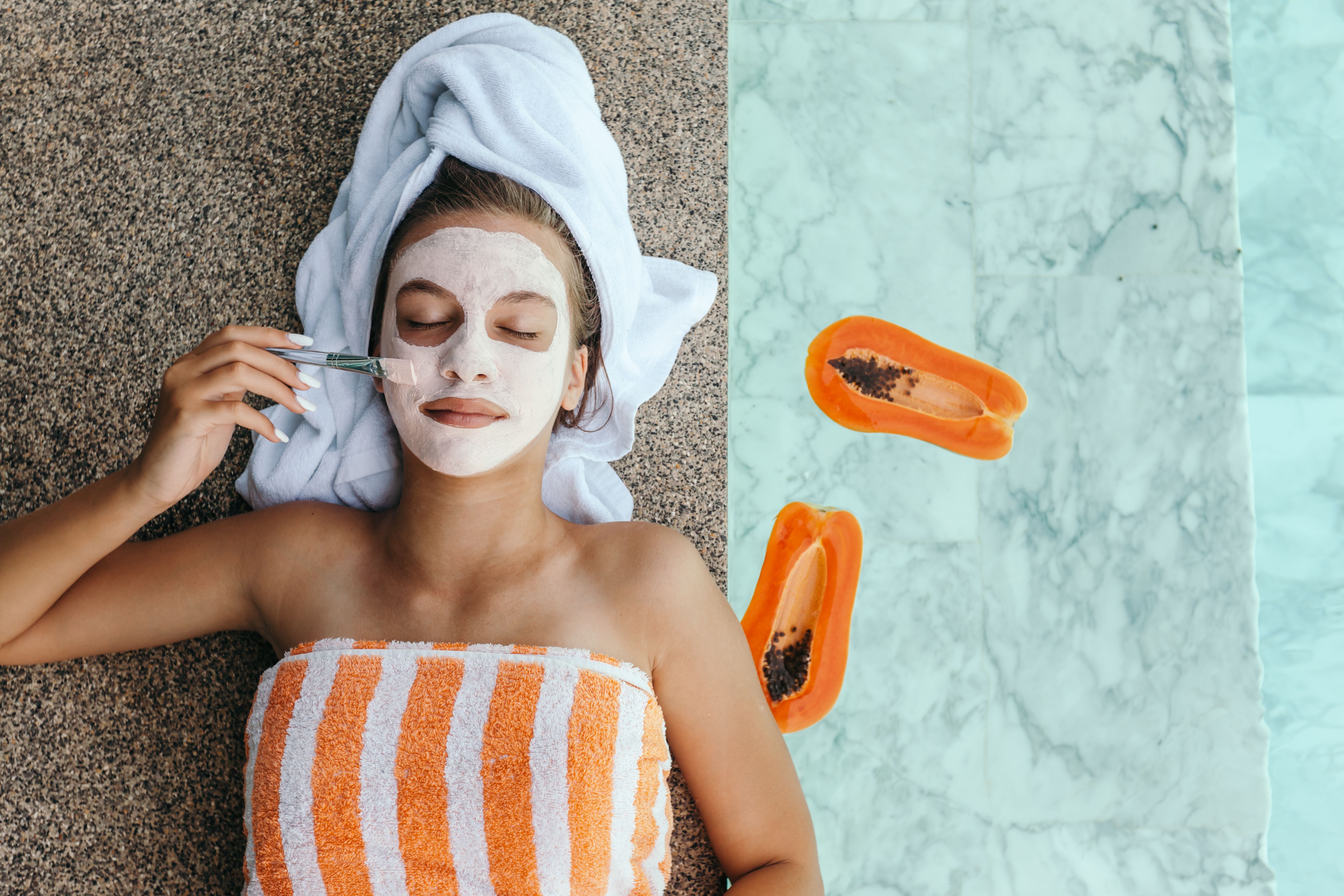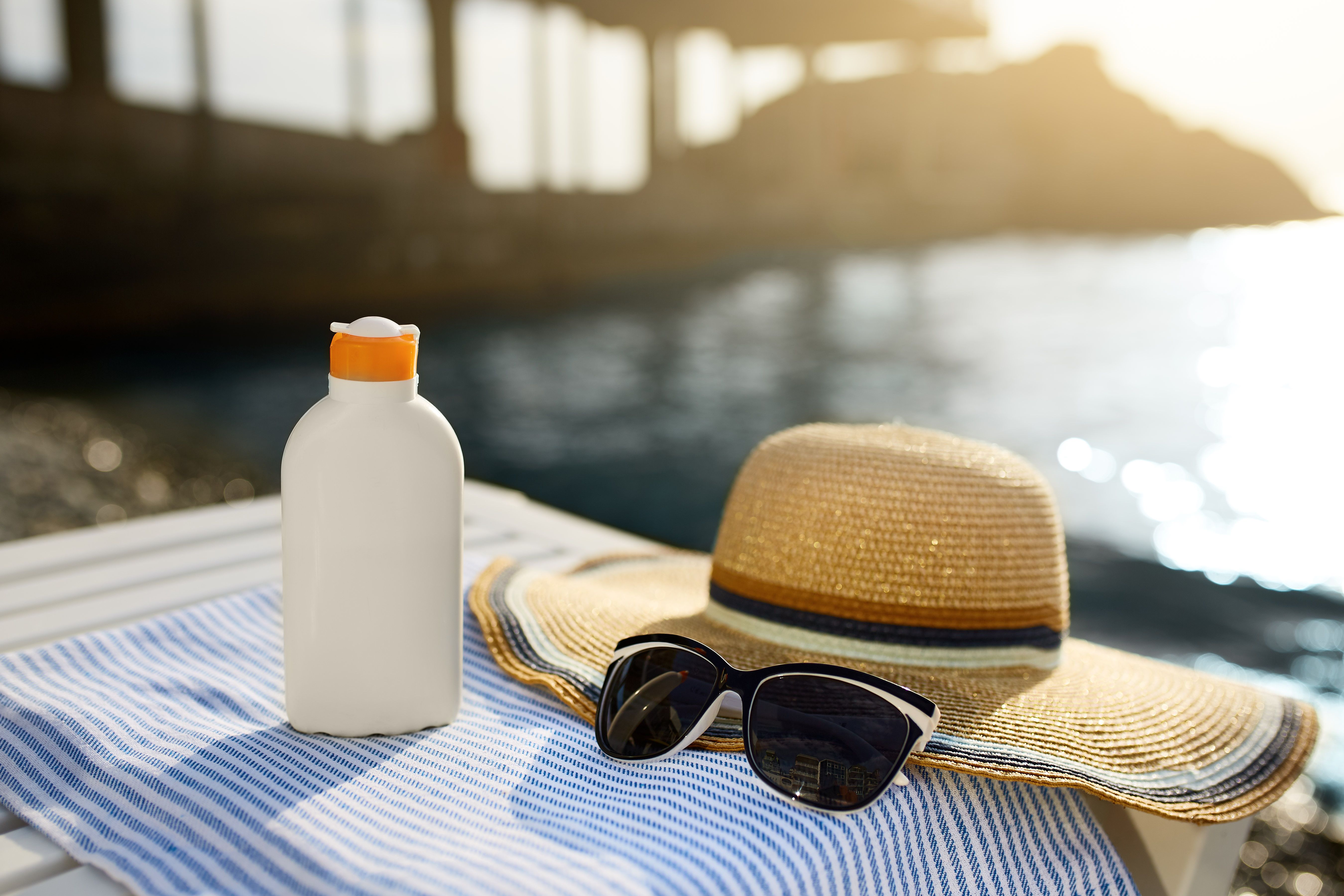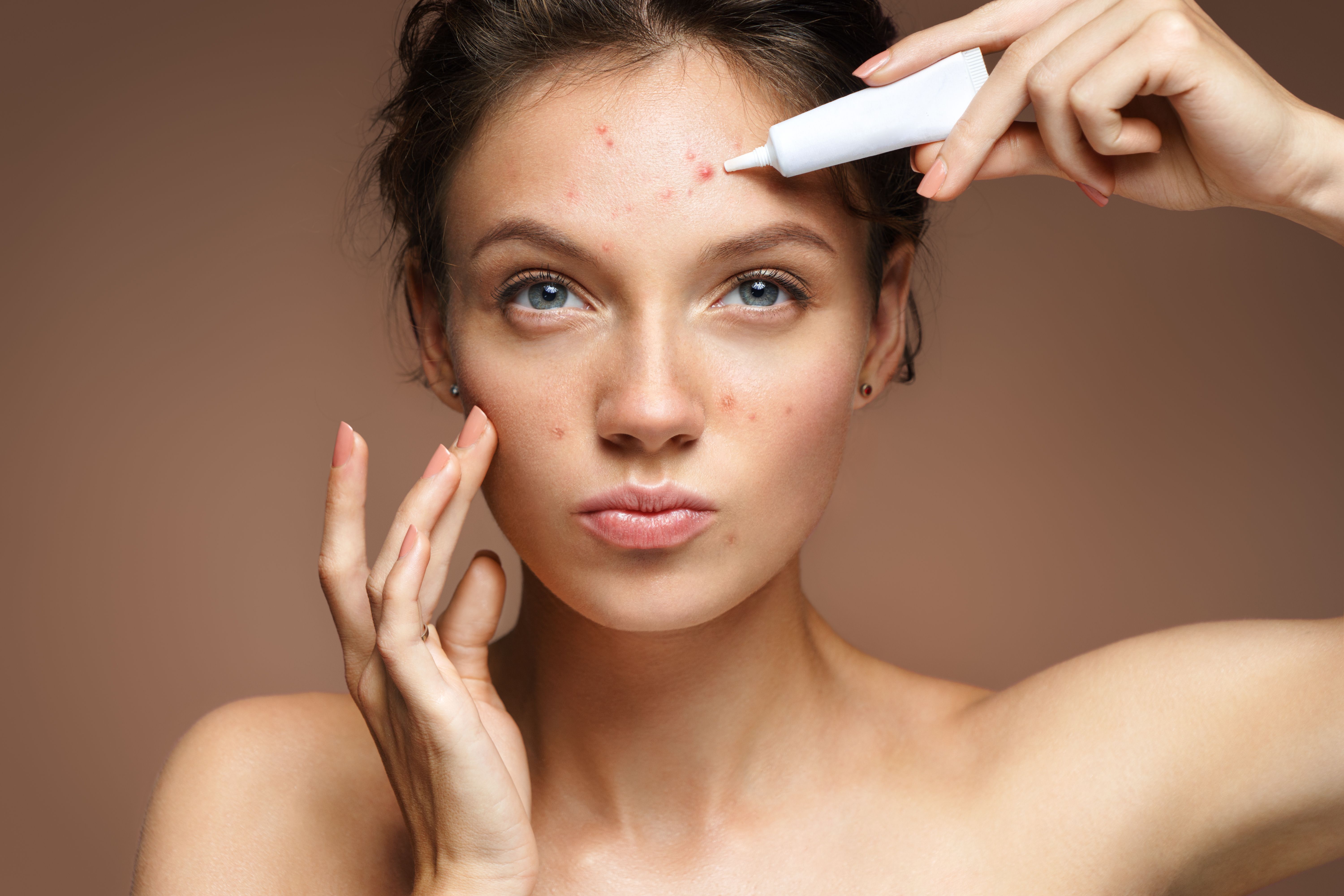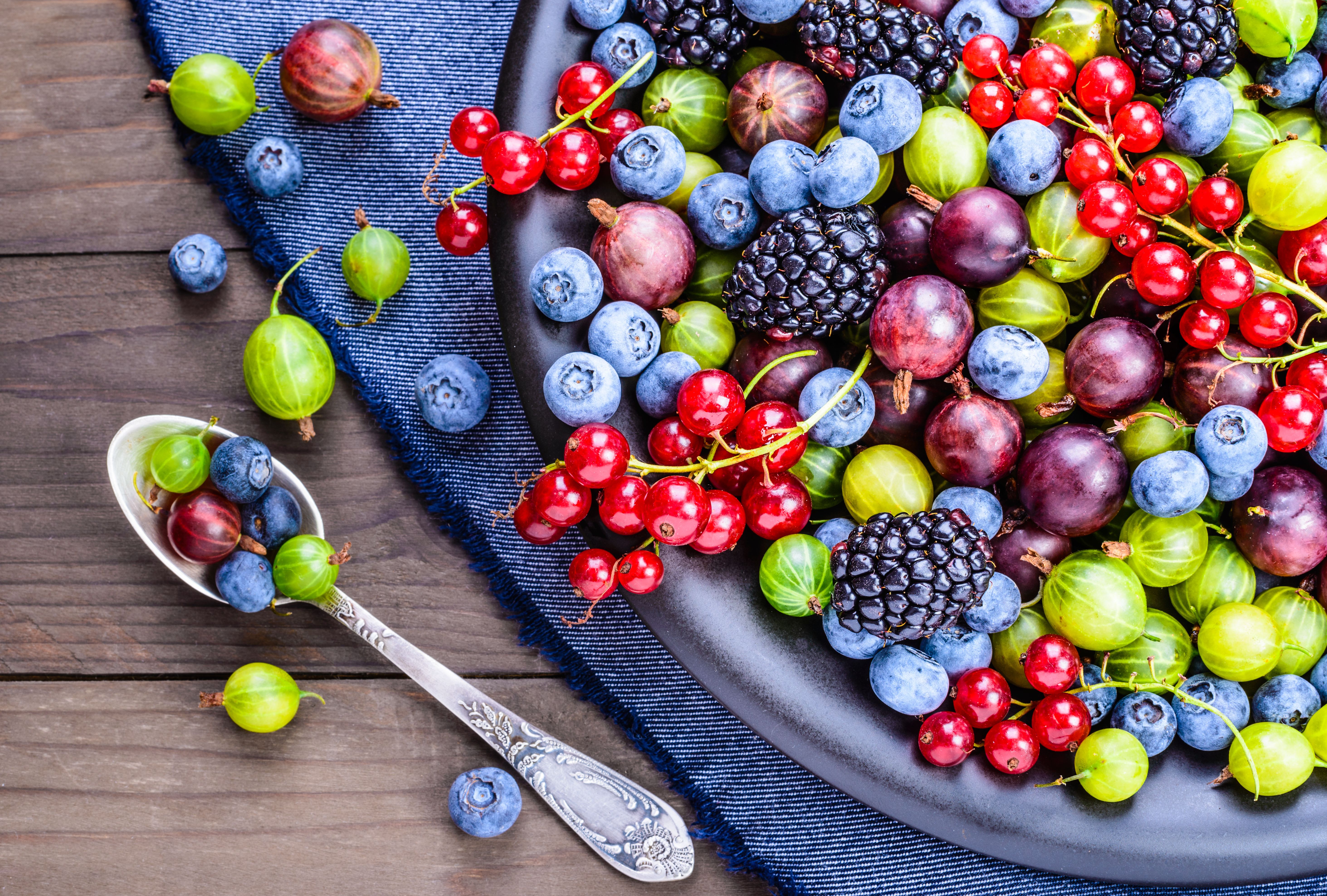
It’s no secret that acne tends to get worse in summer, and there are several reasons why.
"Heat and humidity cause increased sweat and oil production in the skin leading to clogged pores and increased breakouts,” New York City-based cosmetic dermatologist Morgan Rabach tells Aedit.
Using the wrong sunscreen is another reason why people with acne-prone skin experience flare-ups during the hot summer months. According to the California Skin Institute, "heavy, oily sunscreens can irritate your skin and trap oils on the skin’s surface," becoming comedogenic — aka, clogging your pores and causing pimples.
Now that you know summer acne is a thing, here’s how to deal with this seasonal beauty woe.
Change Your Skincare Routine

The first thing you need to do in order to keep pimples and blemishes at bay is to revamp your skincare routine as soon as summer rolls in.
Since hot weather increases perspiration and stimulates sebum production (the natural oils secreted by your skin), ditch the heavy, oil-based creams that can clog your pores. Instead, go for lightweight, water-based moisturizers that will keep your skin hydrated and out of risk for breakouts.
"Humectants like hyaluronic acid (HA), for example, offer hydration without the risk of clogging pores — especially when paired with clarifying products," notes Aedit.
As far as cleanser goes, try out a product with salicylic acid, which will break down impurities on your skin. Make sure to follow up with a toner — it will dry up the sebum and prevent stickiness, allowing for dead skin cells to be shed easily — and apply a gentle exfoliator.
Go For Oil-Free Sunscreen

While sun protection remains and always will be a must, caking on greasy sunscreen is not a good idea, particularly if you have acne-prone skin.
"Slabs of oily lotion might be overly oily, meaning your skin can suffocate from dead skin cells and clogged pores," explains The Healthy.
What dermatologists recommend during summer are lighter products that are oil-free or powder-based.
“I’d recommend always using mineral-based sunscreens, such as zinc oxide and titanium oxide, for the best protection against the sun,” says board-certified dermatologist Christina L. Chung. “Luckily, there are many new mineral formulas that are super light and also oil-free, so they will still provide broad-spectrum protection without causing acne.”
Use Targeted Topical Treatments

Choosing the right type of treatment is paramount when dealing with acne flare-ups. There are three main targeted topicals that you can use, each with its own benefits.
Retinoids are known for increasing cell turnover and decreasing the likelihood of acne because they make it more difficult for cells to stick together and clog pores. They’re also great at treating fine lines and wrinkles, making them a perfect option for your anti-aging skincare regimen.
Benzoyl peroxide is indicated in aggressive outbreaks and painful pustules. This topical treatment reduces inflammation, shrinks pimples, and diminishes blemishes.
Salicylic acid is renowned for killing the Propionibacterium acnes bacterium that causes acne. It also penetrates the pores, preventing clogging by breaking up and removing dead skin cells.
Adjust Your Diet

You can also fight acne from within by making a few changes to your diet. Since what you eat "shows up on your skin," it might be a good idea to skimp on the classic summertime foods, such as sugary drinks, alcoholic beverages, and snacks, and go for healthy antioxidant-rich foods that will also keep you hydrated.
As The Healthy explains, "sugary or high-glycemic foods cause a spike in insulin levels, which in turn increases sebum production." To keep breakouts under control, swap out ice cream other frozen sweet treats with berries, which you can freeze and puree to mimic the consistency of ice cream.
Get Plenty Of Sleep & Keep Stress At Bay

Your lifestyle definitely leaves its mark on your skin, so make sure you get enough sleep and are well-rested. Lack of sleep can cause hormones in your body, such as melatonin and cortisol, to fluctuate, increasing sebum production and overall inflammation.
"Melatonin is critically important for your skin and plays a significant role in skin repair from environmental exposure, UV light, stressors, pollution, and so on. We know that production is only at night — so sleep hygiene is crucial for your skin," says board-certified dermatologist Keira Barr. "If you’re not resting, you’re not generating that melatonin, and your skin isn’t repairing itself."
Stress management is equally important since stress and anxiety also impact cortisol levels, making your sebaceous glands produce more oil. It also ramps up inflammation in the body and can slow down the healing process after the breakout.







